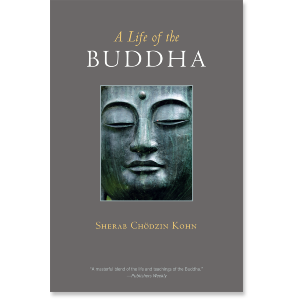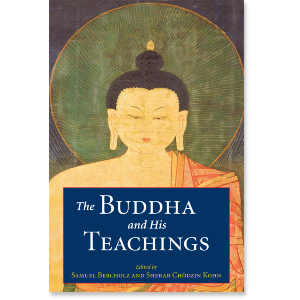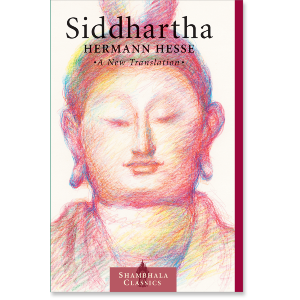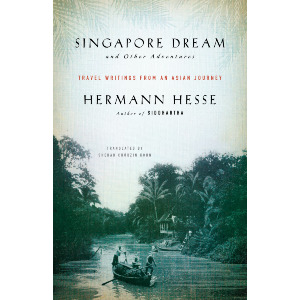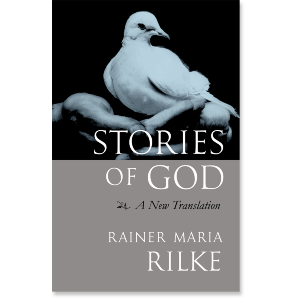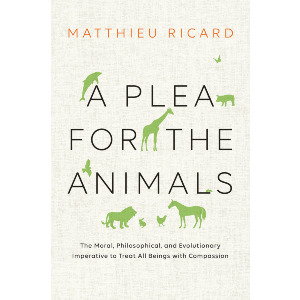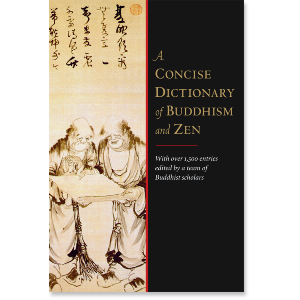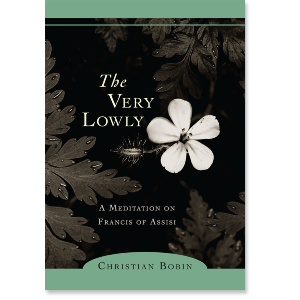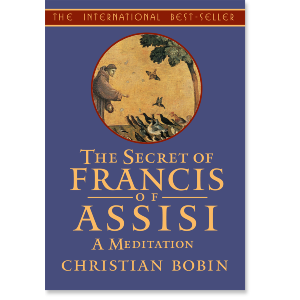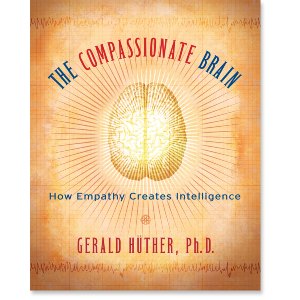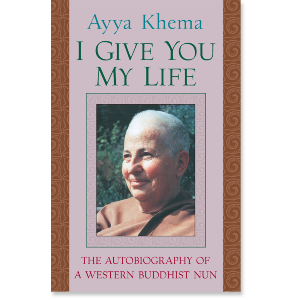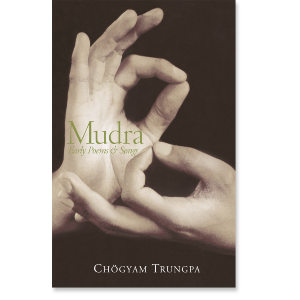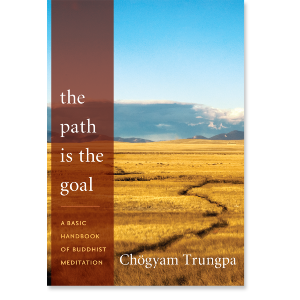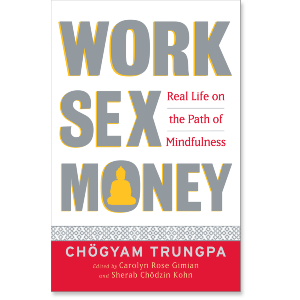
Sherab did his dissertation at the Sorbonne, after which he jumped into publishing as a copyeditor for U Penn, then a senior editor at Encyclopedia Britannica on religion and philosophy. He became a student of Trungpa Rinpoche, later becoming his personal representative in Europe. He edited nine of his books and teachings including Mudra, Dawn of Tantra, Orderly Chaos, Crazy Wisdom, Lion's Roar, Illusion's Game, The Path is the Goal, Political Treatise, and Work, Sex, Money.
Sherab authored our Awakened One (now published as A Life of the Buddha) and co-edited Entering the Stream (now published as The Buddha and His Teachings). And he is the author of our forthcoming Bala Kids book on Padmasambhava.
He also translated many books for us from German, and French: Anytime Yoga, Siddhartha, Singapore Dreams, Samurai Wisdom Stories, Inner Art of Karate, Natural Laws of Children, True Love, You Are Here, Miyamoto Musashi, Rilke’s Stories of God, The Prince and the Zombie, A Pleas for the Animals, Archetypal Dimensions of the psych, Meditation for Kids, Francoise Cheng’s Empty and Full, A Concise Dictionary of Buddhism and Zen, The Compassionate Brain, The Very Lowly (originally published as The Secret of Francis of Assisi), and Ayya Khema’s Give You My Life. And that is just for us – he did occasional work for others too.
He also read many more manuscripts that were not published. But his Reader’s Reports were eagerly awaited by all of us who sent them his way because they were always a tour de force.
I can do little justice to the erudition, wit, and brightness of Sherab. But here are a few snippets from some of his reader’s reports that will give those of you who did not know him a little flavor.
On a report for a book by Francois Cheng:
Here he first points out that the universe is not obliged to be beautiful. It could be a purely functional affair, a big meaningless ticktock. In fact, he suggests, this is the view we routinely encounter these days. He rubs our noses in the frigidity of this outlook for few pages, then proceeds to deliver us from it: he discovers a jewel, the French word sens, which has three meanings: sensation, direction, meaning. Greatly simplified, the movement of Cheng’s thought is: We experience the world as sensation. We are not indifferent to sensation, but rather attracted or repulsed. If we are attracted. we move toward our sensations. Once this happens, we have direction. Once we have direction, life has meaning. This natural process, when not denatured by cynicism, is a jewel.
The most notable objection to this line of thought accuses it of subjectivism. This objection asks: must we always experience the world from the outside, be moved by it while it remains indifferent to us? Cheng puts this duality-smitten question in its place through an excursus on Chinese painting. We are familiar with Chinese paintings depicting immense landscapes, always with one or several tiny human figures somewhere in the scene. The Western eye is accustomed to paintings where large human figures occupy the foreground and the landscape or other surroundings constitute the background. Thus the little figures in the Chinese paintings appear lost, drowned in the immensity of the landscape.
On the Padmasambhava (adult) book we will publish:
“What particularly strikes me as distinctive is [the author's] voice. It is not the voice of a teacher presenting his message nor of an established spokesman of a particular Buddhist orthodoxy (e.g., Matthieu Ricard). Nor does it go in the other direction—his is not the voice of an academic either. More it is the voice of "one of us" who happens to be well informed. Even in relating to misunderstandings, Cornu avoids the heavy hand. He doesn't schoolmarm you, correct your faults, preach. It's unusual: he explains eye-to-eye, without being chatty or chummy. He doesn't presume to be either your superior or your pal. Interesting.”
On Hesse’s Singapore Dreams:
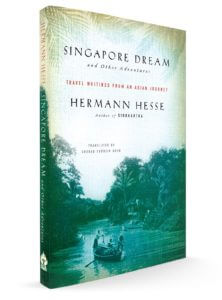
On another book:
“These apophatic peregrinations showing what Buddhism is not do not lead to conclusions concerning what Buddhism is. Buddhism continues to escape as a slippery fish that cannot be caught in the net of Western thought. [The author's] approach here is helpful and apt (in my view), save for this flaw: the net in which the slippery fish cannot be caught is not only that of Western thought but of dualistic thought altogether, of which Asians are no more innocent than Westerners. However, concentrating on the Western aspect of the problem here is not inappropriate considering [the author’s] project, and it allows him to play in those fields where he and other European intellectuals love to play, where the names of Aristotle, Plato, Pascal, Schopenhauer, Nietzche, Heidegger, and other philosophers he refers to resound with such significance.”
Longtime Shambhala Publications' editor Dave O’Neal had the notion that his Reader’s Reports would serve as an extremely readable volume in and of themselves.
We look forward to making the Bala Kids book on Padmasambhava truly special. When he submitted it to us, he wrote, “My wife and I successfully read The Lord of the Rings to our daughters when they were about 7 and 4. I let Tolkien be my guide in writing the Padmasambhava story for young people in the sense of including everything….. I have trusted them with charnel grounds and demons and some essential Buddhist ideas. I hope you all find that it works and that it's the right stuff.”
It is indeed the right stuff. Thank you Sherab!
--Nikko Odiseos


